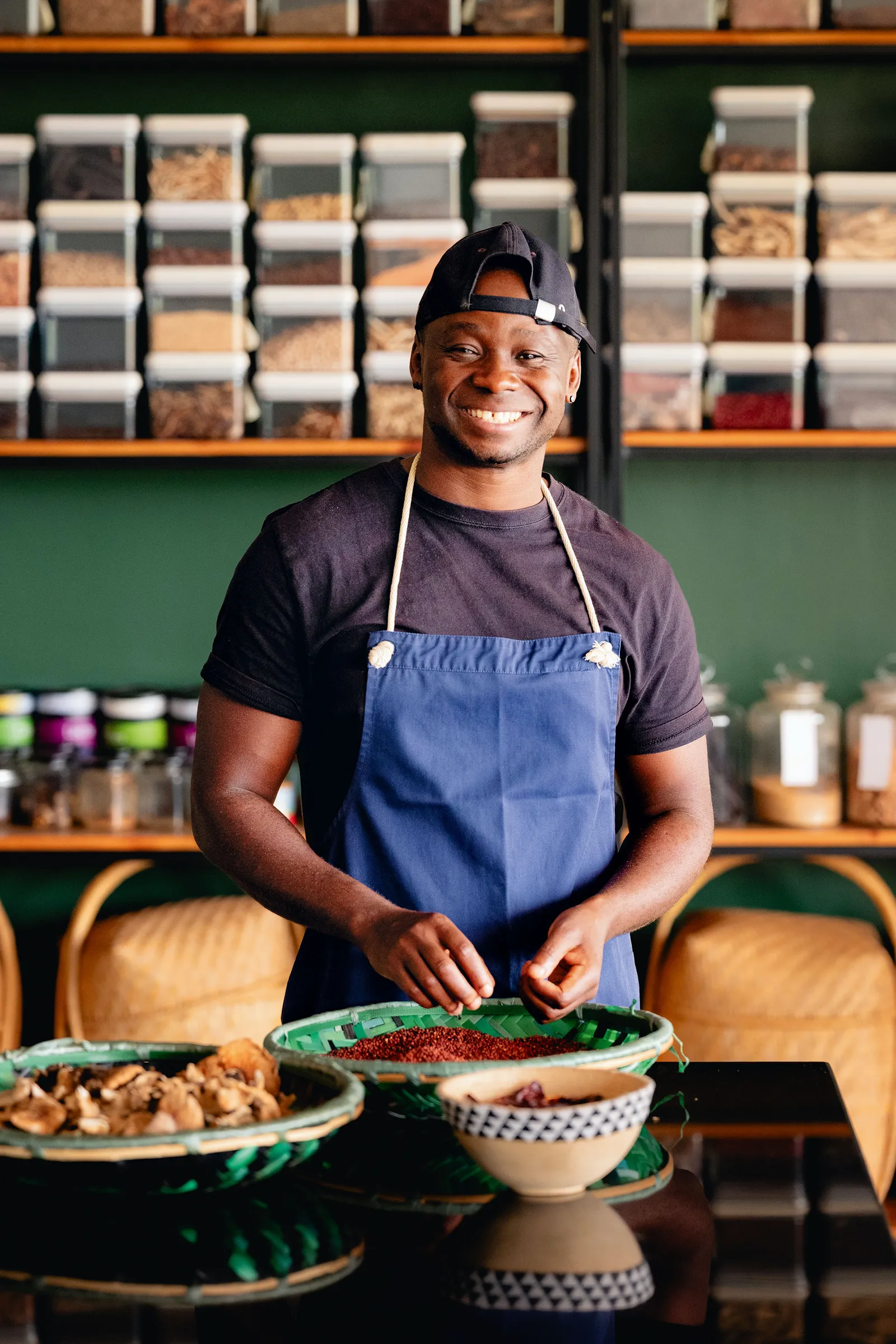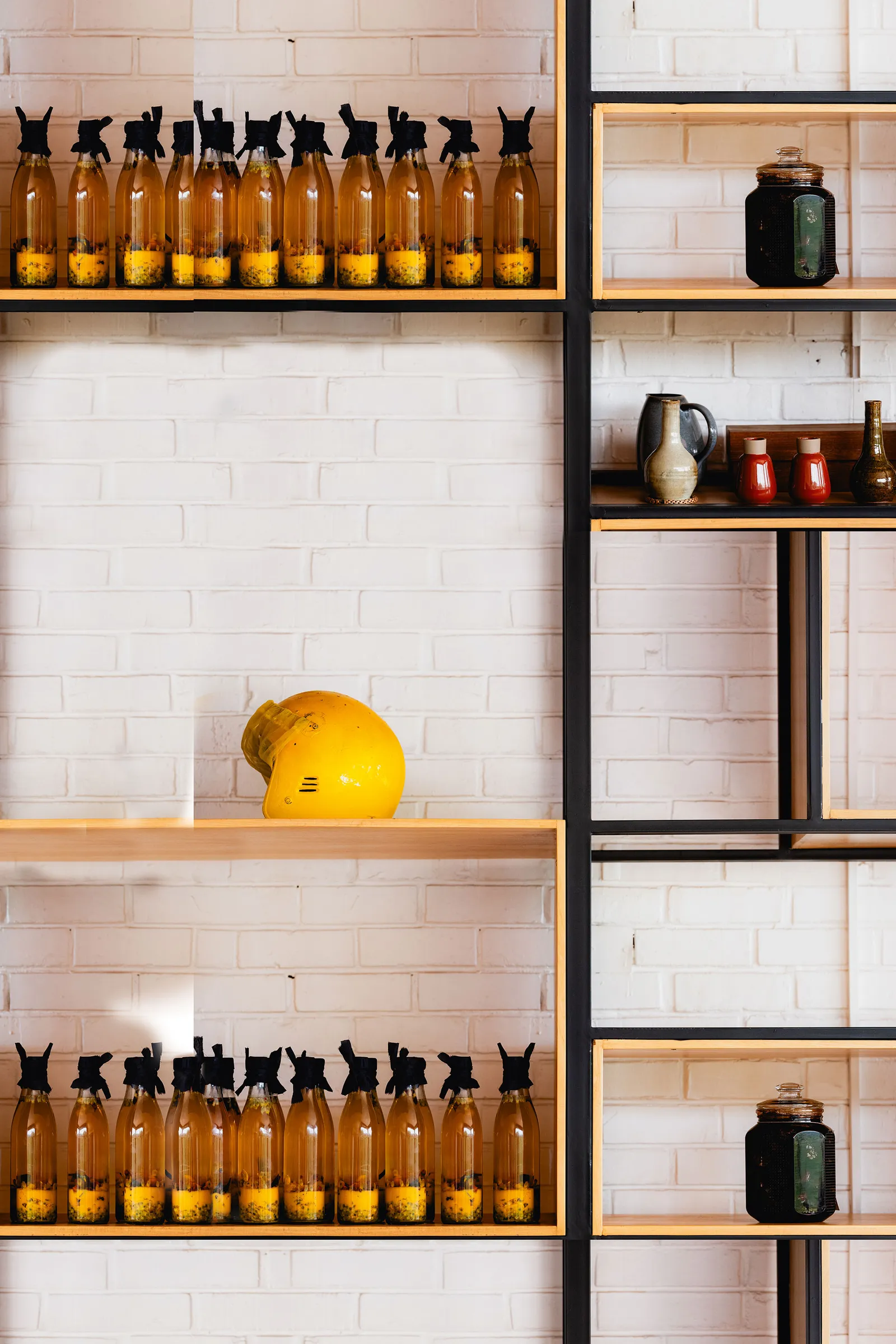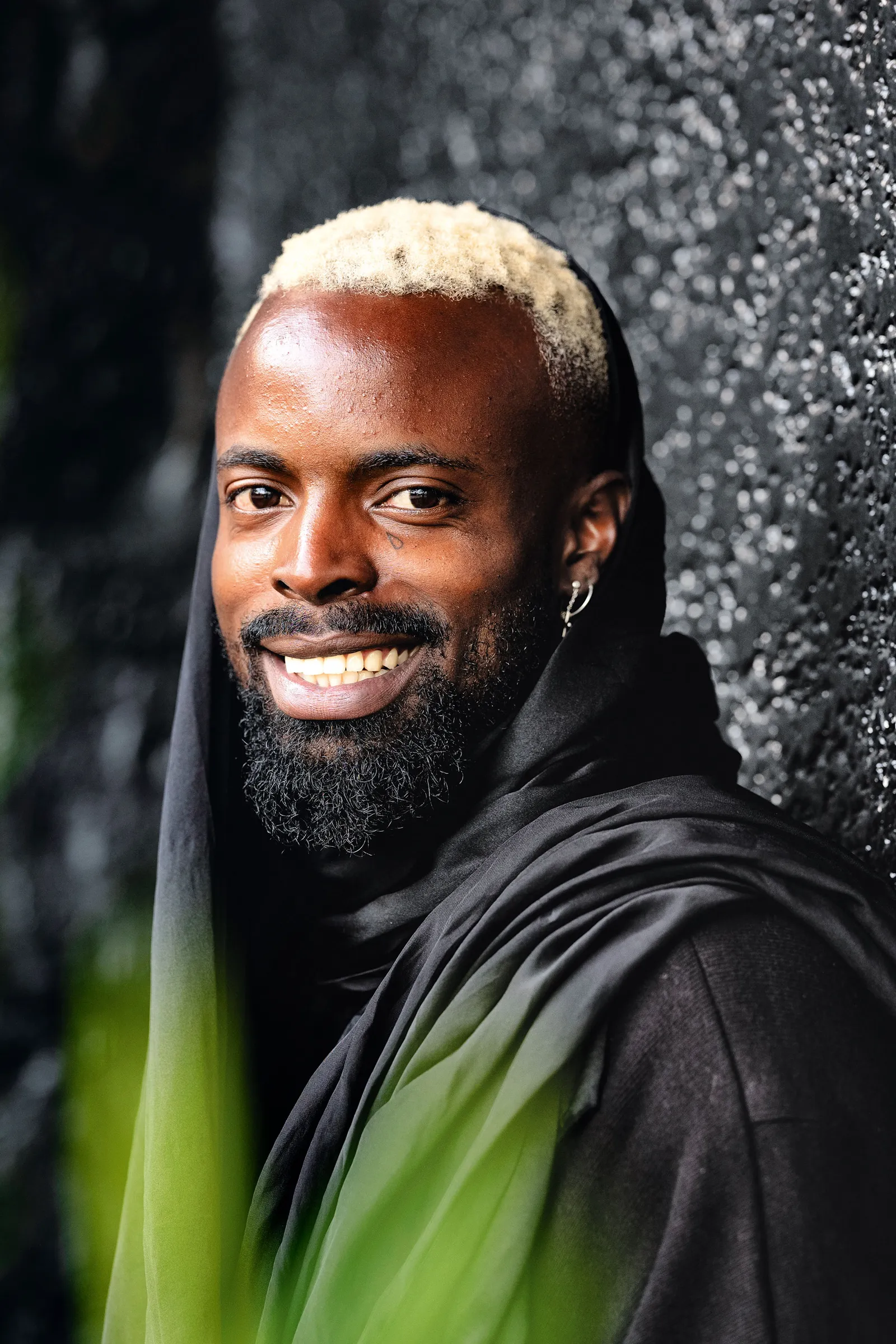In Kigali, Rwanda, a New Wave of Creative Projects Worth Traveling For
- P2A
- Oct 19, 2023
- 3 min read
Updated: Nov 14, 2023
These Kigali-based artists are melding their world-class skills with their home-grown inspirations in the Rwandan capital.


By Stephanie Rafanelli
When the artist Emmanuel Nkuranga opened his second gallery in Kigali in 2019—his first, launched with his brother a decade ago, kick-started the local contemporary art scene—he called it Choose Kigali.
The name proved prophetic. In the last few years, the leafy, high-altitude East African capital has become a sustainability-minded creative hot spot, sprouting ethical design studios, coffee shops (Rwandan-grown bourbon beans are among the world’s most prized), and farm-to-fork restaurants harnessing the volcanic soils of the bio-diverse Albertine Rift.
A generation after the genocide, which left 70% of its population under the age of 35, Rwanda has become one of Africa’s fastest-growing economies and also one of the greenest. A third of its rolling terrain is being rewilded, plastic bags and single-use plastics are banned, and a green-certified airport is under construction. Meanwhile, anti-corruption policies and the removal of bureaucratic red tape have been enticing the young Rwandan and Bantu diaspora to return and reapply their training abroad to home-grown creativity.
The chef Dieuveil Malonga of Meza Malonga | The interior of Meza Malonga. Photos: Andrew Urwin

“Rwanda is an avant-garde country and it feels like the African future is here now,” says Dieuveil Malonga, who was born in the Congo and grew up in Germany. He traveled to as many as 50 African nations before settling on Kigali for his Afro-fusion food project, Meza Malonga, which featured on The World’s 50 Best Restaurants list in 2022.
“We’ve had 20 years of miraculous green growth,” says Tanzanian model and Kigali local Winnie Kalisa. She opened Laini, a ceramics studio, in 2019 in the Kimihurura district, near Choose Kigali and the studio of Afro-futurist fashion designer Moses Turahirwa. “Now, it feels like anything is possible.”
Kigali Creators to Watch
Dieuveil Malonga — the revolutionary chef Dieuveil Malonga’s baseball cap and cheeky grin belie his steely commitment to changing the global image of Afro-fusion cuisine. His tasting menu at Meza Malonga—where he also trains chefs—features pan-African botanicals, pre-colonial matriarchal recipes, and produce grown in his seven-acre allotments on Lake Ruhondo, near the Volcanoes National Park. On these volcanic soils, he is opening a second food project with rooms, featuring guest appearances from members of his 4,000-strong Chefs in Africa association, cementing the agricultural Musanze district’s status as a farm-to-fork hub. mezamalonga.com
Moses Turahirwa — the fashion futurist
“Rwandans have an innate creative eye,” says Moses Turahirwa, a designer and a trained civil engineer who earned his master's degree in fashion at Florence’s prestigious Polimoda. “We grow up surrounded by beauty.” At Moshions, his non-gendered couture pieces are structurally based on fluid, unisex Rwandan drapery and cleverly reference Bantu culture. The use of premium sustainable textiles, botanical dyes, and recycled cow horn helped him win the Designer of the Year award for Africa at the 2022 Abryanz Style and Fashion Awards. moshions.rw
Store displays at Moshions | The designer Moses Turahirwa of Moshions. Photos: Andrew Urwin
Winnie Kalisa — the self-taught ceramist
A poster child for Rwandans’ make-it-happen mindset, Winnie Kalisa learned pottery from YouTube and opened her ceramics studio Laini in a flame-vine-clad cottage so idyllic it could have been dreamt up. Her glazed creations, some with the silhouettes of female Fulani nomads, breathe contemporary life into local pottery traditions and grace the shelves of eco-lodge Singita Kwitonda by Volcanoes National Park, where she has opened a second workshop. @laini_studio
Linda Mukangoga — the craft queen
Linda Mukangoga has recently added an outdoor café to her fashion and homeware boutique, Haute Baso, painted in the bold black and white of traditional Rwandan beading. The ethical womenswear designer and Lagos Fashion Week finalist collaborates with female artisans on a line of demure prints in contemporary loose cuts, and curates a selection of Rwandan handicrafts, from sweetgrass baskets to wood carvings from the rural Nyanza district, south of Kigali. hautebaso.com
Read the original article on Conde Nast Traveler .







Comments